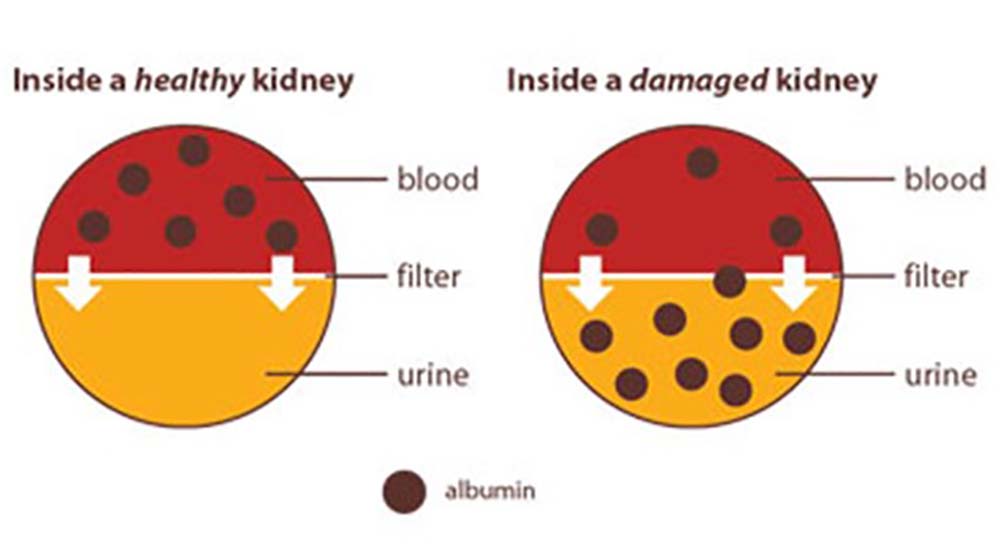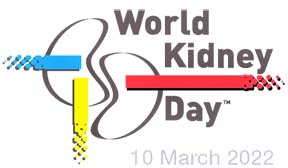Many people with kidney disease don’t have symptoms until the damage is very advanced. For most people, blood and urine tests are the only way to know.
Enrolled Veterans who have diabetes, high blood pressure, heart disease or a close family member with kidney disease may want to talk with their health care provider about getting tested today.
VA’s Kidney Medicine Program’s mission is to improve the quality and consistency of health care services delivered to Veterans with kidney disease nationwide. The staff develop policy and provide professional guidance to VA’s medical centers related to kidney health services.
These experts and the community of VA kidney medicine professionals are dedicated to furthering the understanding of the disease, its impact on Veterans, and developing treatments to help patients protect their kidney health and manage disease symptoms.
Kidneys and kidney disease
Your kidneys filter extra water and waste from of your blood to make urine. Kidney disease means that the kidneys are damaged and can’t filter blood like they should. This damage can cause wastes to build up in the body.
For most people, kidney damage occurs slowly over many years, often due to diabetes or high blood pressure. This is called chronic kidney disease. When someone has a sudden loss in kidney function because of illness, injury or taking certain medications, this is called acute kidney injury.
Acute kidney injury can occur in a person with normal kidneys or in someone who already has kidney problems.
Learn more about the VA Kidney Medicine Program and VA’s kidney health services and benefits at VA Kidney Medicine.
March is Kidney Month and March 10 is World Kidney Day – the annual day to raise awareness among all people of what our wonderful kidneys do. It promotes the importance of maintaining our kidney health through good health habits, testing for kidney function and early treatment.
Many people don’t have symptoms until their kidney damage is very advanced.
Kidney disease risk factors
Diabetes and high blood pressure are the leading causes of kidney disease. Other factors include heart and blood vessel disease and family history of kidney failure. Additionally, African Americans, Hispanics and American Indians are at high risk for developing kidney failure.
People with kidney disease can continue to live productive lives: working, enjoying friends and family, and staying physically active. You may need to make some changes to your diet and lifestyle to help you live a healthier and longer life.
Lifestyle changes for early kidney disease include controlling blood pressure and managing blood sugar. If you smoke, take steps to quit. Take your medicines the way your doctor tells you. Be more physically active and lose weight if you are overweight.
Learn more about physical activity, quitting smoking and controlling diabetes from VA’s MOVE! Program. What you eat and drink may help slow down kidney disease. Some foods may be better for your kidneys than others. VA’s Nutrition and Food Services offers nutritional information to Veterans.
Topics in this story
More Stories
Watch the Under Secretary for Health and a panel of experts discuss VA Health Connect tele-emergency care.
The 2024 National Veteran Suicide Prevention Annual Report provides the foundation for VA’s suicide prevention programs and initiatives.
Theranostics is a specialized field of nuclear medicine that uses a two-pronged approach to diagnose and treat cancer.








Same old, recycled information. Nothing new!
Thank you
Need more testing and treatment from doctor